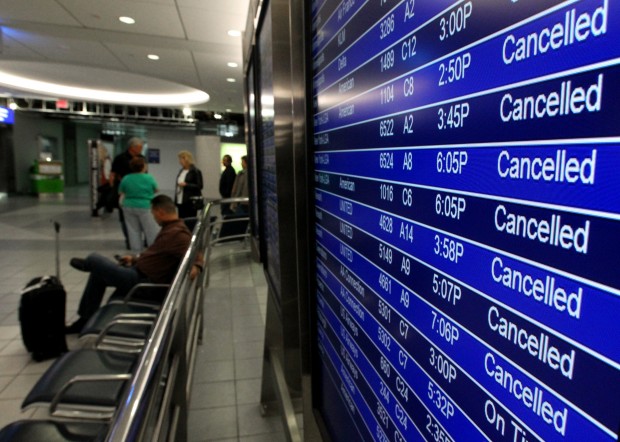 I am on a two week visit with my daughter in Israel, and so far the connectivity experience has been difficult, to say the least.
I am on a two week visit with my daughter in Israel, and so far the connectivity experience has been difficult, to say the least.
Usually, my MO is to purchase a SIM card when I land at one of the airport gift shops: while that won’t be the least cost method, it is the easiest. I had a SIM card from my last visit, and could easily recharge the pre-paid account while my plane was still taxing up to my gate. However, I made my first mistake: I purchased the wrong plan, one that included unlimited Israeli minutes, but had no USA minutes.
There is nothing wrong with using pre-paid plans, but be sure to ask for all the details: in addition to voice minutes, you should ask if the plan includes texting and data and calls to back home. And it helps if there are fluent English speakers who work for the pre-paid company too.
Then, a day after my arrival, my daughter’s home DSL access died and was out for several days. Despite repeated calls to both her phone provider and her ISP, we got nowhere. A day after it came back out some thunderstorms knocked out our power for several hours. (Normally both are more reliable.) All these disruptions brought home exactly how important Internet connectivity is in our lives, especially when we travel.
If you have decent connectivity, you can make use of Skype and Facetime for your calls back home. Skype has several plans that bring the cost of calling down to pennies a minute, much less than what you’d buy if you have the right pre-paid cell voice plan. And Facetime is free, provided that the folks you are calling have iPhones or newer Macs running Yosemite or better Mac OS X.
As a backup, I was also carrying a Webbing Spot, which is a small device (smaller than most cellphones now) that costs $130. The Spot has the equivalent of a series of data SIM cards that cover most countries’ providers, so you don’t have to be fumbling with your phone. You just turn it on and it connects to the cellular broadband, then outputs a Wi-Fi signal so your computer and up to nine other devices can be connected. You need to purchase a data plan from the company: they start at 400 MB per day for $9.90 and range up to 2 GB for $80 per month. That could be less than your pre-paid or any American international plan.
Webbing has more than just connectivity: it has an entire web-based management platform where you can set policy rules for how your staff uses the device. For example, I had inadvertently turned off support for file sharing services such as Dropbox and forgotten to enable this, much to my dismay when I was trying to sync up my files.
One final piece of advice: if you make use of two-factor authentication for your various online accounts, remember that they may not work when you are overseas if they are sending your USA phone text messages with a one-time password. You might have to make alternative arrangements.
One friend (who does a lot of international travel) suggests:
Next time you travel, get T-mobile. Unlimited data, unlimited texts, calls are 20 cents per minute. No contract required.
T-Mobile has an arrangement when you travel to many countries: It gives you unlimited low-speed Internet and $0.20/minute voice to the US. This provide immediate access with no additional effort or cost. It eliminates the need for pre-planning a SIM card or finding one at the airport, or the like. As a basic access mechanism, it’s quite delightful. /d
Do you have any advice for people on a cruise to another country or several other countries?
It depends on several factors. One, if your cruise company offers a telecoms package as part of other benefits that might make sense to purchase if you want unlimited booze or other benefits. Two, if you are going to be in port every night or will be on the high seas: if the former, then you can make use of any cellular service that is land based (and several readers here suggested a T mobile account). If at sea, you are pretty much stuck with very expensive services, either from the cruise co. or third parties. Finally, if your boat offers WiFi services that might be affordable, you could use Skype or Facetime to make your calls, but chances are the latencies when at sea would make the call quality poor.